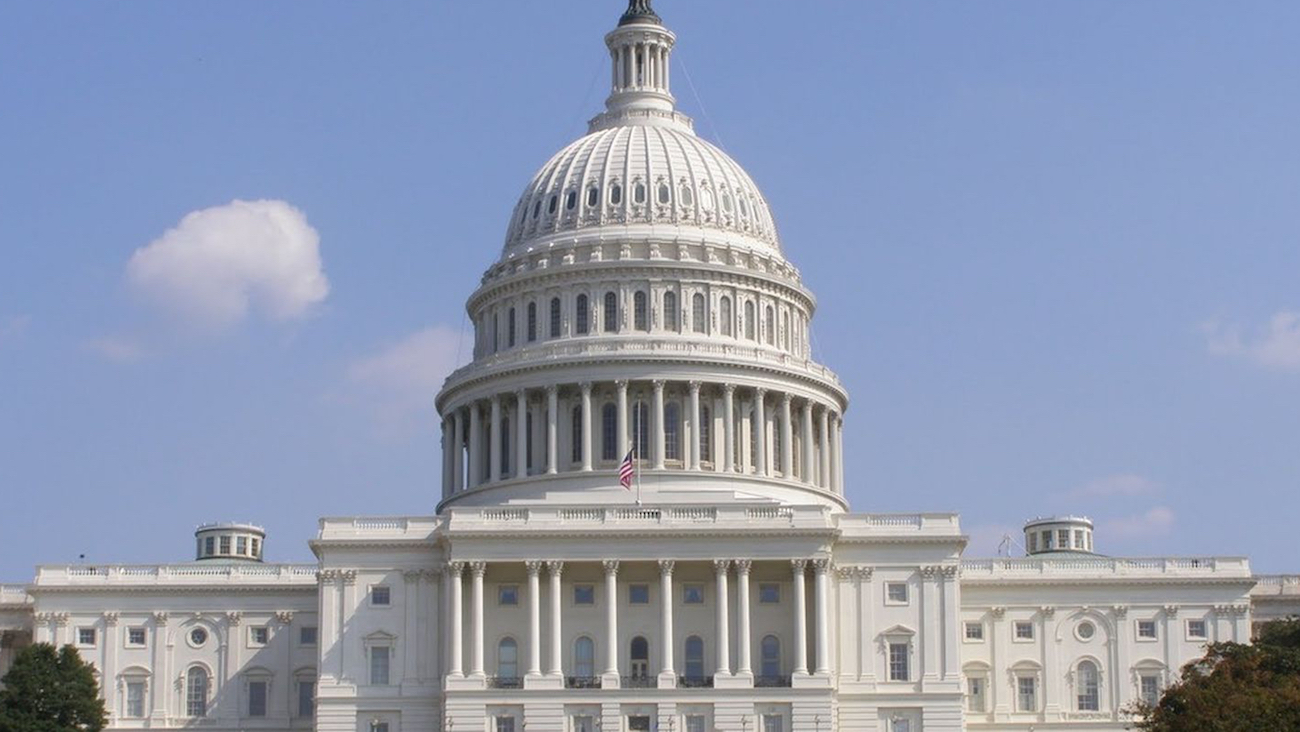The Republicans along with the Democrats will have to address some sticky issues going forward. Something has to be done with the Old Age, Survivors, and Disability Insurance Act (a.k.a. Social Security) as the program will no longer have the funds to keep paying at current rates much longer. The timeclock is already ticking on the future of Social Security with a deadline of roughly 2034 requiring that current benefits be reduced. I suspect that the legal age to receive Social Security will go up to 68 or 69 years of age and all benefits will begin to start a gradual reduction. What bothers me the most is the likely imposition of means-testing. This means that if you have provided for your retirement by having a stock portfolio or have one of the last remaining pensions, or have money in the bank, Congress may look to you to take a bigger hit in the reduction of Social Security benefits.
Is this fair? Absolutely not. The whole Social Security Program was based upon receiving money based upon what you paid into the program. It had nothing to do with your other financial assets. Apparently, if you own a home, the good legislators may take that into consideration when distributing the Social Security pie. I am not against taking steps to make Social Security solvent but it almost appears that if you did a good job preparing for your retirement, you will be penalized for your financial foresight. The good folks that did not give any thought to their retirement and are financially in trouble will get a better Social Security return than those that did prepare for their retirement.
Medicare is also in trouble. A 2012 report found that the Medicare Trust Fund will remain solvent through only 2024 – not many years away! After 2024, there will only be sufficient funds to cover 87% of benefits. The 2012 report noted that a financial gap of 13% will exist from 2024 onward. In 2011, the Medicare Trust Fund received income of 228.9 billion dollars and paid out 256.7 billion dollars in benefits. This is not a formula for success.
When I wrote my first article on the Patient Protection and Affordable Care Act back in March of 2012, I pointed out that Congress had not appropriated enough money to support the Act and that the Congressional Budget Office estimated that Obamacare would have a shortfall of $532.8 billion dollars. Obamacare was a disaster from day one. The already fragile markets beset by soaring premiums and fleeing insurers are likely to collapse unless steps are taken to stabilize them.
Obamacare is a mess of penalties, fines, and confusing subsidies and the IRS is ill-equipped to fully deal with it. The uncertainty associated with Obamacare has paralyzed taxpayers and small businesses who never know when their insurance premiums will skyrocket or coverage will simply end. This is in addition to the well-established fact that millions have lost plans they were promised they could keep and have seen their working hours reduced as employers struggle to comply with the laws complexities.
With these three entitlement programs consuming two-thirds of the Federal budget, the issue of reform cannot be put off. Struggling for solutions with these programs will not be easy. Privatization programs may abound and “out of the box” solutions will surely come to the surface, but one thing that the American workers can count on is that benefits will be reduced somewhere along the line and costs will go up.









Why is this propaganda thought to be Catholic?
Not propaganda. Reality.
Editor Note: The study of economics should be taken seriously by every citizen, Catholic or not. At their present trajectory, entitlement programs (e.g., Social Security, Medicare, and Obamacare—scheduled to be repealed and replaced) will eventually consume nearly every dollar of taxes flowing to Washington, D.C. Also, given that the U.S. National Debt has now surpassed $20 trillion (it took the U.S. 200 years to reach $1 trillion), rising interest costs will add to the burden of servicing this debt. Hence, in the not-so-distant future, without fiscal discipline and stronger economic growth, America may find itself in the predicament of having “the will” but “not the way” to do good for the least among us.